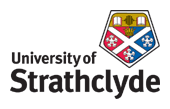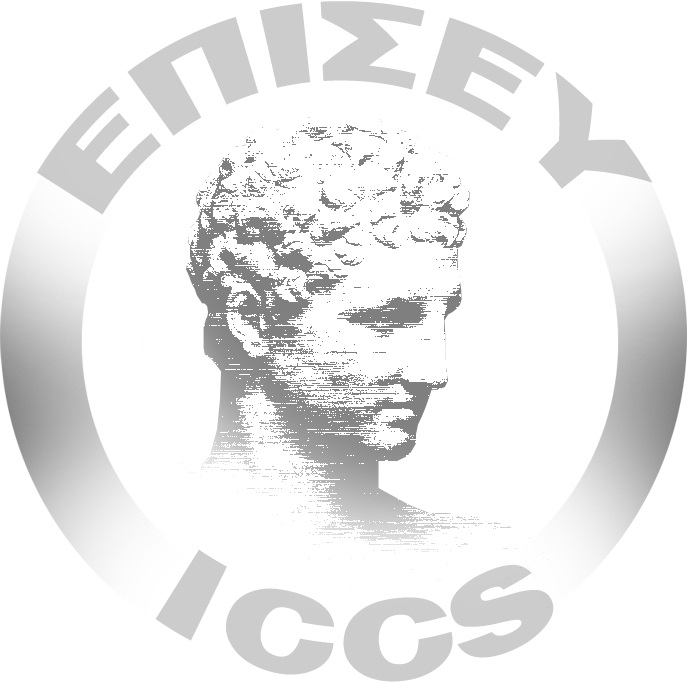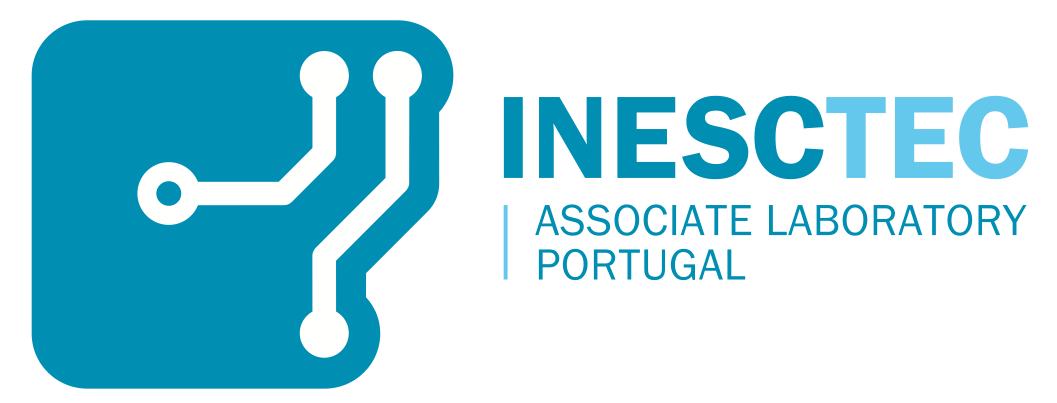SEER, the research center on Renewable Electrical Energy Systems at the Technical University of Catalonia – BarcelonaTech, develops leading edge research projects at the international excellence level with the aim of making real today the electrical networks of the future. In cooperation with both international companies and institutions SEER conducts multi-disciplinary research activities focused on: Power generation based on renewable energies, mainly wind and solar; Grid integration of distributed generation systems; Exploitation of energy storage systems in electrical networks; Active, flexible and intelligent electrical networks; Power quality and energy efficiency improvement and Advanced control of electrical systems. To know more about us, please goggle by our SEER site or contact us at info@seer.upc.edu
Research Center on Renewable Electrical Energy Systems (SEER)










